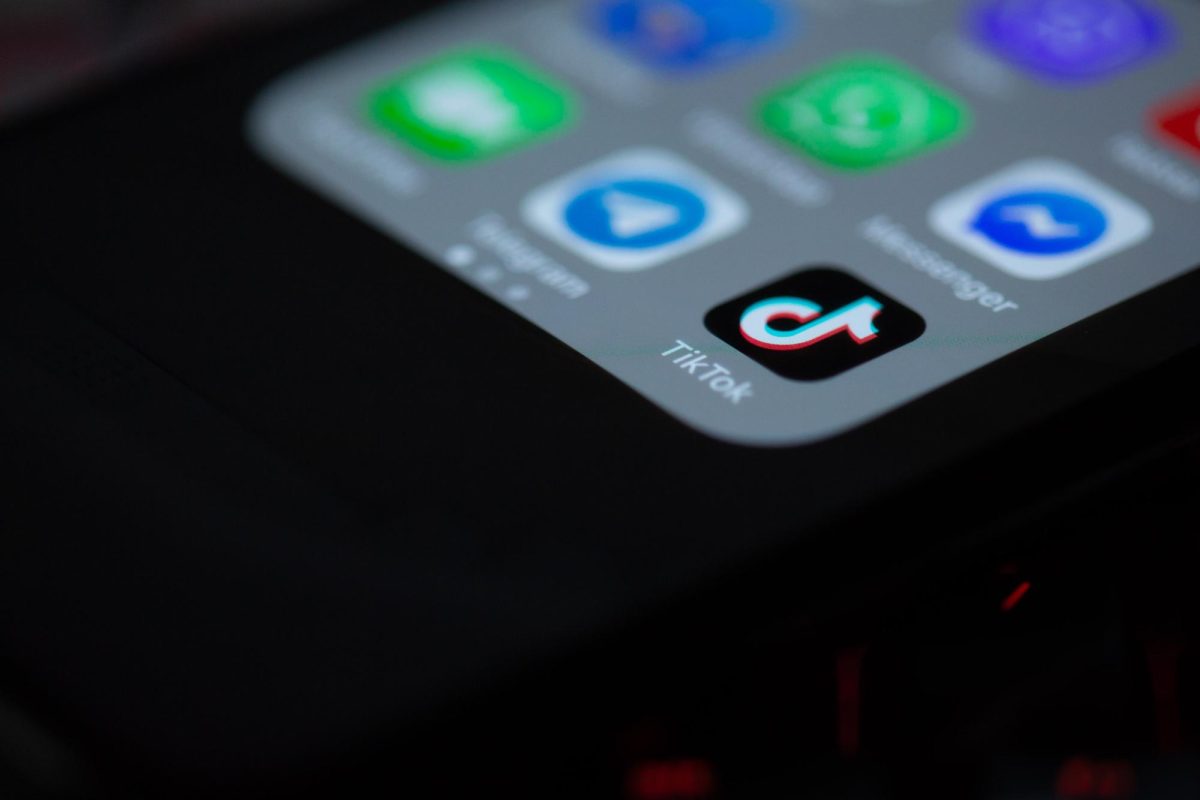In just two decades, we have enrolled billions of people–from toddlers to grandparents–into the largest unregulated psychological experiment in human history. While we marvel at the convenience of digital connection, the algorithms behind every single platform silently reshape our minds, relationships, and society in ways we are only just beginning to comprehend. Perhaps it’s time to pause and ask: What exactly have we signed up for?
Truth be told, social media does provide many benefits to our lives, such as the ability to chat with others when alone and freedom to express opinions to the world. However, its underlying harmful properties are starting to become more prevalent. From influencers doing anything for money, to conspirators gaining access to spread their philosophies with malleable-minded groups, online spaces have contributed to the recession of the health of many. The increasingly addicted users of our social media platforms continue to get exposed to the full force of social media without limit.
Research increasingly confirms what many parents and educators have long suspected: social media’s impact on youth mental health is concerning and the dangers are growing. Studies have consistently linked excessive social media use among teenagers to increased rates of depression, anxiety, and disrupted sleep patterns. The American Psychological Association has formally recognized these risks, issuing a health advisory that highlights how adolescents’ developing brains are particularly vulnerable to the constant comparison, validation-seeking, and fear of missing out that define the social media experience.
The transformation of human connection represents another troubling shift. Social media began as platforms intended to enhance our social lives, but now they redefine how relationships function, often at the expense of deeper connections. Face-to-face interactions, with their rich nonverbal cues and emotional nuance, are increasingly replaced by curated digital exchanges optimized for engagement rather than authentic connection. For children and teenagers still developing crucial social skills, this substitution may have profound consequences—studies show many young people now report feeling more comfortable expressing themselves online than in person, a preference that will follow them into adulthood with implications for everything from romantic relationships to workplace dynamics.
Perhaps most alarming is how social media platforms are deliberately engineered to capture and monetize our attention. Using sophisticated psychological principles and algorithms, these systems are designed to maximize engagement through a combination of intermittent rewards, personalized content, and endless scrolling mechanisms that bypass our natural stopping cues. This attention economy has measurable cognitive effects across all age groups, including shortened attention spans, increased distractibility, and diminished capacity for deep focus—precisely the mental skills most needed for success in education, careers, and meaningful personal pursuits. The fact that many tech executives strictly limit their own children’s screen time speaks volumes about the industry’s understanding of its products’ effects.
Had it not provided benefits that the general public has found engrossing, then social media would not be this huge. Officials such as the U.S. Surgeon General, Dr. Vivek Murthy, has stated that social media may influence mental health, but has also argued that offline life is just as important of a factor. But when are we going to decide that this experiment has gone too far?
There are many ways to limit the influence of social media, like limiting the intake of content for younger adolescents that aren’t ready for the topics at hand, or even adults monitoring or parents controlling what their children can view. The content spread online should also be regulated more strictly. There just seems to be too much harmful content on the Internet already, which has no purpose for the public view. The quantity of content is not the only issue, but the quality as well. Content consumed by the youth should provide something meaningful or some useful information in their day to day lives, unlike some content that is presumed as “brain rot.”
We marvel at the countless number of those engaged in social media, though we fail to grasp that the number will only continue to grow. Social media is the perfect psychological experiment, because those engaged with it will never realize its real intention. You cannot recognize a dream while you are having it, and those engaged in social media cannot recognize its destructive effects while addicted to it. Your attention is monetized, our society is reshaped, and nothing will ever be the same again unless we take action against the machine of social media. Do we run social media or does it run us?





